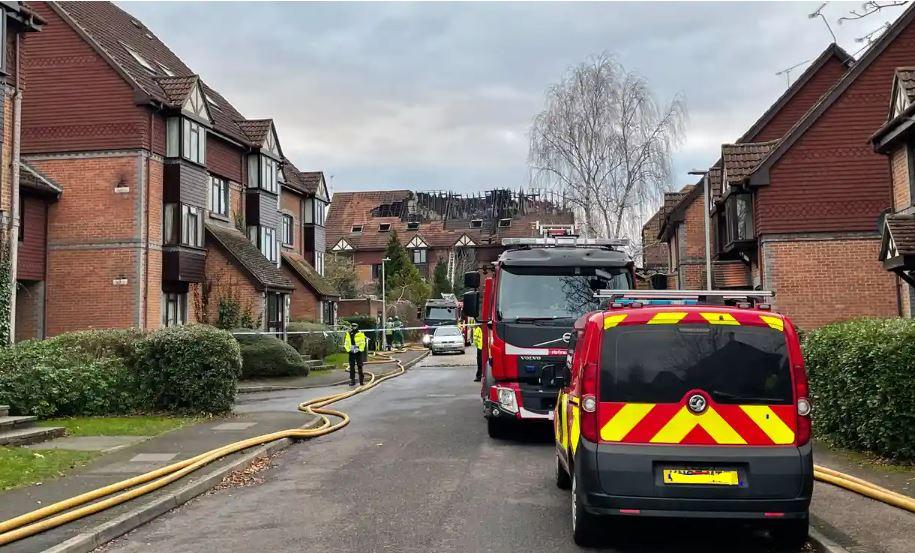An illegal immigrant from Uganda who set fire to a block of flats in the middle of the night, killing two of his neighbours after he was served with an eviction notice, has been jailed for life by a British court.
Hakeem Kigundu, 32, pleaded guilty to two counts of murder, two counts of causing grievous bodily harm, and one count of arson with intent to endanger life, and on Friday he was sentenced at Reading Crown Court to a whole life sentence, meaning he will never be released.





